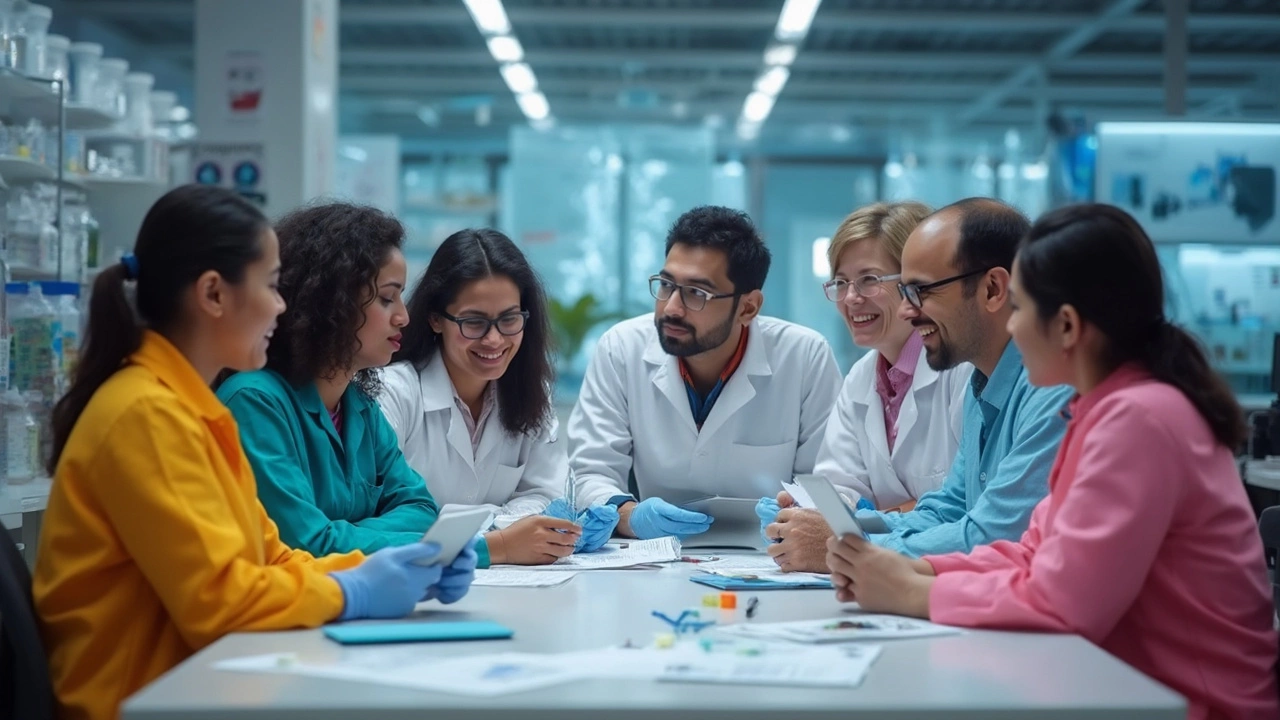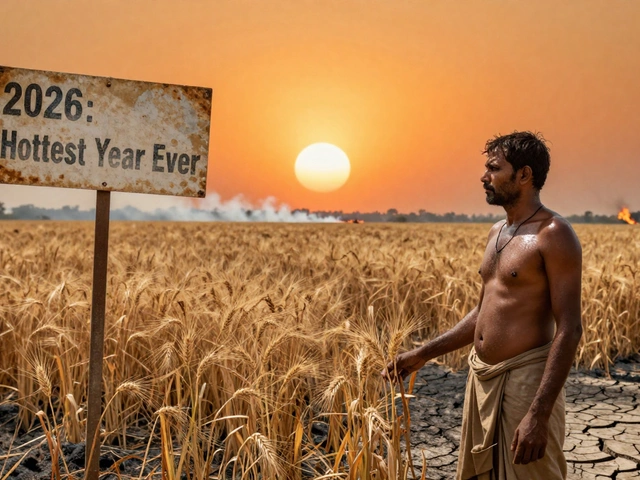Trust in Teams: How Collaboration Drives STEM Innovation in India
When we talk about trust in teams, the shared belief among members that everyone will do their part, communicate honestly, and respect each other’s expertise. Also known as team cohesion, it’s not just a soft skill—it’s the foundation of every major scientific breakthrough in India. You won’t find a single life-saving public health program, a successful tech transfer, or a breakthrough in gene editing that didn’t start with a group of people who trusted each other enough to speak up, admit mistakes, and work through conflict.
Scientific collaboration, the process of researchers from different backgrounds working together to solve complex problems doesn’t happen just because people are in the same lab. It happens when a data scientist feels safe asking a nurse why a health metric matters, when a biotech engineer trusts a policy expert to explain regulations, or when a rural technician knows their feedback on a solar device will be heard—not ignored. That’s team science, a structured form of collaboration where diverse skills are intentionally combined to achieve outcomes no single person could reach. In India, where resources are tight and systems are complex, trust isn’t optional—it’s the only thing that keeps projects alive.
Look at the public health programs that cut polio in India: they didn’t succeed because of fancy tech. They worked because vaccinators trusted community leaders, local health workers trusted data collectors, and government officials trusted field reports—even when numbers didn’t look perfect. The same goes for renewable energy rollouts. Solar projects in villages didn’t take off because of cheaper panels alone. They succeeded because engineers listened to farmers, understood their schedules, and adjusted designs based on real feedback. That’s stakeholder collaboration, when people outside the core research team—like patients, farmers, or local officials—are actively involved in shaping the solution. Without that, even the best science fails.
And it’s not just about who you work with—it’s how you work together. A transfer agent can hold all the patents in the world, but if they don’t trust the researchers to explain what their invention actually does, nothing moves forward. A data scientist can run perfect models, but if they don’t trust the warehouse manager to tell them what’s really going wrong on the floor, their insights are useless. Trust turns knowledge into action. It turns isolated ideas into scalable solutions.
What you’ll find in the posts below isn’t a list of theories. It’s a collection of real stories from Indian labs, hospitals, villages, and startups—where trust in teams made the difference between a paper that gathered dust and a change that saved lives, saved money, or saved the planet.





